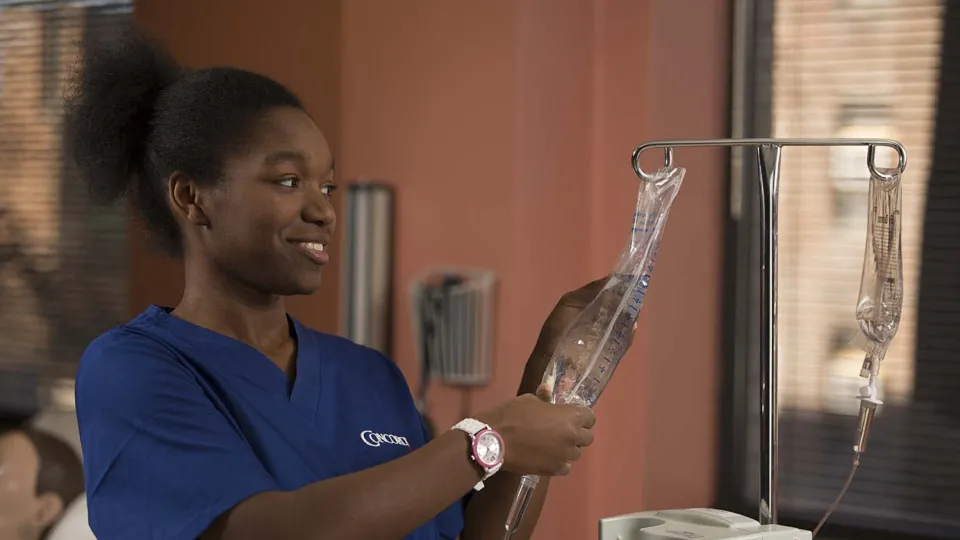
A few years ago, results of a study showed job recruiters spend, on average, six seconds reviewing a candidate's resume. The same is true for health care jobs.
Those findings prompted job seekers to make their resumes shorter, more clear and to the point. The format became a much larger issue as people continued searching for ways to make their resume stand out from the crowd. These trends persist but are constantly being upgraded.
Our goal at Concorde is for every graduate to find the health care jobs of their dreams. We want you to be up to date on all the current trends for job seekers on the horizon in 2018. The Job Network website recently published its "Resume and job search trends that will dominate in 2018." Here is what they say job seekers can expect when applying for health care jobs next year.
Professionally prepared resumes for health care jobs
In 2013, CareerBuilder surveyed thousands of hiring managers, human resource professionals, and workers across industries. It found that 58 percent of employers pointed out typos as the most common problem they saw in resumes. Thirty-six percent said they were seeing resumes that were too generic.
If you want to stand out, the resume has to be perfect. With that in mind, professionally prepared resumes will be one of the biggest trends among job seekers in 2018.
Personality will play an even greater role in searching for health care jobs
With the unemployment rate hovering in the four percent range, competition for jobs is fierce. That means hiring managers will look for candidates with core skills needed for the specific job. Personality traits play a big part in that.
"Job search continues to be personal," said Laura Handrick, human resources staff writer at Fit Small Business. "People don't hire from paper, they hire people they trust will do a great job in the role."
That makes following up after you apply for health care jobs all the more important. If you fail to follow up with a phone, email, postcard or other forms of human contact, you may as well have placed your resume directly into the shredder.
Social media will become more important in the search for health care jobs
A recent survey showed that 70 percent of employers are screening candidates via social media before hiring them. Fifty-seven percent are less likely to consider someone for an interview if they can't find them online. That's how serious social media reputation is in the hiring process. The trend is going to get even bigger in 2018.
Digital resumes and portfolios reign in the search for health care jobs
Pew Research data shows that 54 percent of U.S. adults searched for job information online, and 45 percent apply online. The Internet is the most important resource during the search for health care jobs. You don't just use it to search for health care jobs. It's also a medium that presents you as an ideal candidate.
That's why you'll have to work on your digital resume and portfolio since more employers will be interested in that factor in 2018.
Take The Next Step Towards a Brighter Future
We have a Concorde representative ready to talk about what matters most to you. Get answers about start dates, curriculum, financial aid, scholarships and more!




